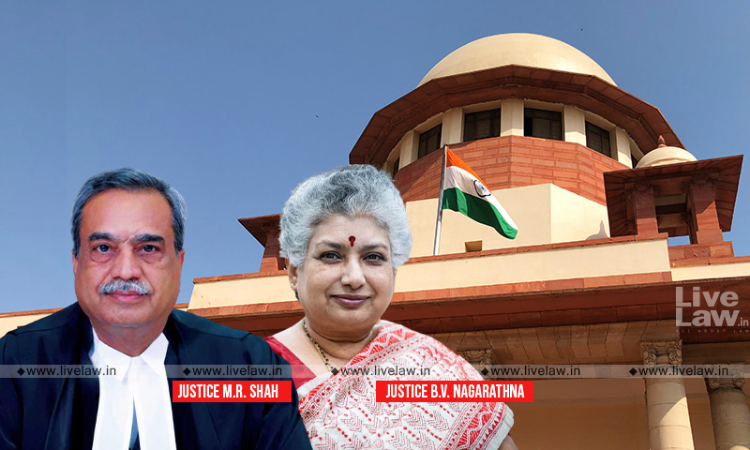Compassionate Appointments Must Be Decided Within Six Months Of Applications : Supreme Court
Sohini Chowdhury
24 May 2022 12:28 PM IST

Next Story
24 May 2022 12:28 PM IST
The Supreme Court, on Friday, opined that the applications for appointment on compassionate ground ought to be decided in a time bound manner and not beyond a period of six months from the date of submission of the completed applications. The Apex Court was apprehensive that if the applications are not decided expeditiously, then the whole purpose of such appointments would...
